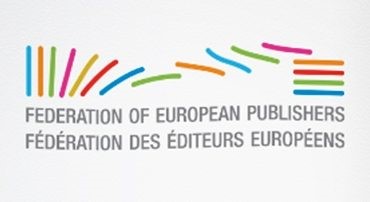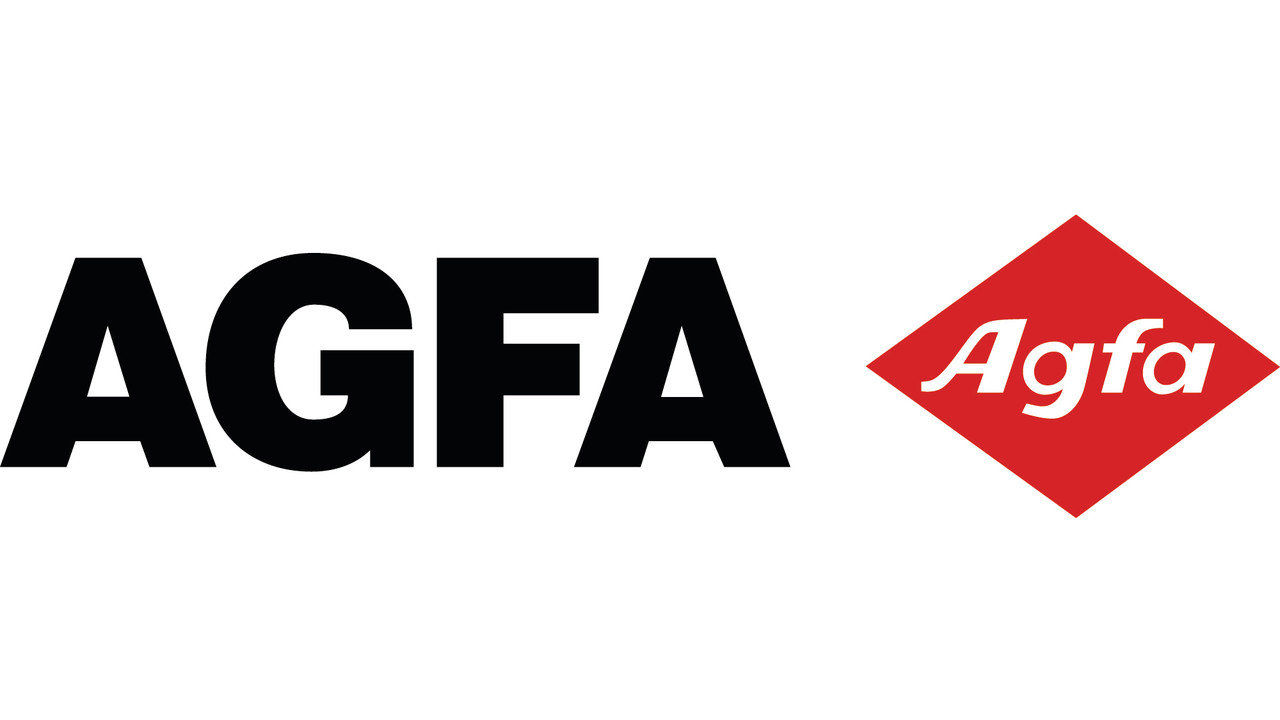Télécharger : la synthèse (2 pages)
Télécharger : le rapport d’activités 2017-2018 (60 pages)
Télécharger : les faits et chiffres 2017 (24 pages)
The Federation of European Publishers (FEP) represents 29 national associations of publishers from the European Union and the European Economic Area Member States. The present survey is based on reports from the national book publishing associations, and on further analysis and refining of data, for the year 2017.
Figures on the overall economic significance of the publishing industry refer to net publishers’ turnover, i.e. the publishers’ total revenues from the sales of books, not the total market for books (margin of booksellers or other retailers). They also do not account for revenues in terms of selling rights for translation, audiovisual adaptation, etc. In some cases, only data on market value was available; in such cases, average discount rates were applied to calculate an approximation of net turnover. Figures were rounded conservatively.
The total annual sales revenue of book publishers of the EU and the EEA in 2016 was approximately € 22.2 billion, according to the survey conducted by FEP. This is substantially the same level as in 2016 (22.3), but it is the result mostly of particularly strong exchange rate effects (the weakening of the British Pound); in fact, the majority markets showed some degree of growth, while a few, also big ones, contracted. The largest markets in terms of publishers’ turnover in 2017 were Germany, the UK, France, Spain and Italy. Total market value is estimated at 36-38 billion €.
A total of about 610,000 new titles were issued by publishers in 2017. The figure was taken from different sources, some of which included new editions or non-commercial titles, and was accordingly rounded conservatively. There was therefore another significant increase in the title output from the previous survey. European publishers held millions of different titles in stock, the countries reporting the largest availability being the UK, Germany, Italy, France and Spain; this figure, ever-increasing, has been spiked by the surge in digital publishing (in different formats), the digitisation of back catalogues, the growth of print-on-demand services and the surge in self-published titles (mainly in the UK), as well as other phenomena that make it necessary to reassess the sources and meaning of the data. The countries reporting the largest new titles output were the UK, Germany, France, Spain and Italy.
A total of approximately 130,000 people were employed full time in book publishing in 2017, a small increase compared to one year earlier; several countries reported increases after years of stagnation. This remains an area where it is difficult to gather reliable data. The entire book value chain (including authors, booksellers, printers, designers, etc.) is estimated to employ more than half a million people.
Looking at longer term trends, up to 2007 there was steady growth both in terms of turnover and of title output. In 2008 title production kept growing whilst turnover, adjusting for exchange rates effects, experienced a flat year. 2009 showed a slight decrease in turnover (accounting for exchange rates) and a slowdown of title growth. The crisis had less of an impact on publishing when compared to most other sectors.
In 2010, growth resumed (especially exports), although favoured by exchange rates. In 2011 and 2012, the market went down, and title production growth was sluggish; the e-book market grew rapidly and exports were strong. In 2013 and 2014 the market slowed down again, with the most notable trends being the continuous growth of the e-book market and the good performance of exports, which became even stronger from 2015 to 2017, while the e-book market (now around 7% of the total) showed signs of stagnation for the last 3 years (but it could be a matter of capturing the right data). Discounting the exchange rate effects, 2017 can be considered the third consecutive year of growth, something that had not happened since the start of the economic crisis in 2008; title output keeps increasing.










































